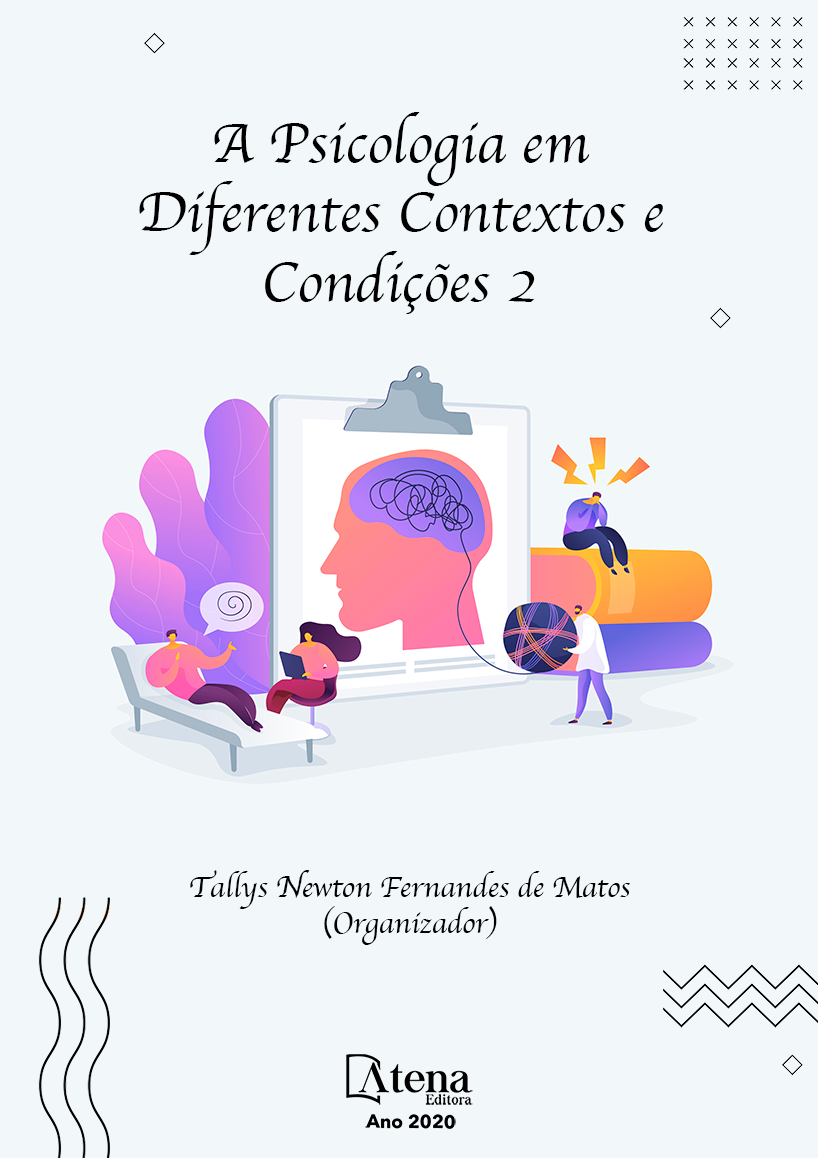
OBJETOS CULTURAIS EM PSICOLOGIA CLÍNICA: O CINEMA COMO POSSIBILIDADE POÉTICA DE TRANSFORMAÇÕES SUBJETIVAS
Essa pesquisa buscou investigar como o cinema tem transformado a personalidade e a constituição subjetiva de 3 entrevistados, no sentido de levá-los a novos modos de ser e de entender a realidade na qual estão inseridos, bem como a maneira pela qual eles percebem esse processo. Para tal, foram realizadas entrevistas abertas com três pessoas, selecionadas pelo fato de terem no mínimo um filme que acreditavam ser relevante em sua vida. Pode-se perceber nas três maneiras de se relacionar com o cinema um uso significativo da arte na organização, constituição e desenvolvimento da subjetividade. São três modalidades distintas de possibilidade de transformação subjetiva que decorrem do posicionamento hermenêutico originariamente singular de cada um. Algo de comum que se mostrou nos três depoentes é a relação dos “outros cinematográficos” na apreensão do processo estético. A análise dos depoimentos bebeu em diversas fontes teóricas, abordadas na revisão bibliográfica. Destacamos Bakhtin, Hadot, Foucault, Winnicott e Tillich.
OBJETOS CULTURAIS EM PSICOLOGIA CLÍNICA: O CINEMA COMO POSSIBILIDADE POÉTICA DE TRANSFORMAÇÕES SUBJETIVAS
-
DOI: 10.22533/at.ed.8932017074
-
Palavras-chave: Psicologia clínica, Cultura, Cinema, Espectador, Poética.
-
Keywords: Clinical Psychology, Culture, Cinema, Spectatorship, Poetic.
-
Abstract:
This research sought to investigate how cinema has transformed the personality and subjective constitution of 3 interviewees, in the sense of taking them to new ways of being and understanding the reality in which they are inserted, as well as the way in which they perceive this process. For this purpose, open interviews were conducted with three people, selected because they had at least one film that they believed to be relevant in their life. We were able to perceive in the three ways of relating to cinema a significant use of art in the organization, constitution and development of subjectivity. There are three distinct modalities of possibility of subjective transformation that result from the hermeneutic positioning originally unique of each one. Something common that was shown by the three interviewees is the relationship of the “other cinematographers” in the apprehension of the aesthetic process. The analysis of the testimonies were based in several theoretical sources, addressed in the literature review. We highlight Bakhtin, Hadot, Foucault, Winnicott and Tillich.
-
Número de páginas: 15
- Gilberto Safra
- Wellington Gomes da Silva


